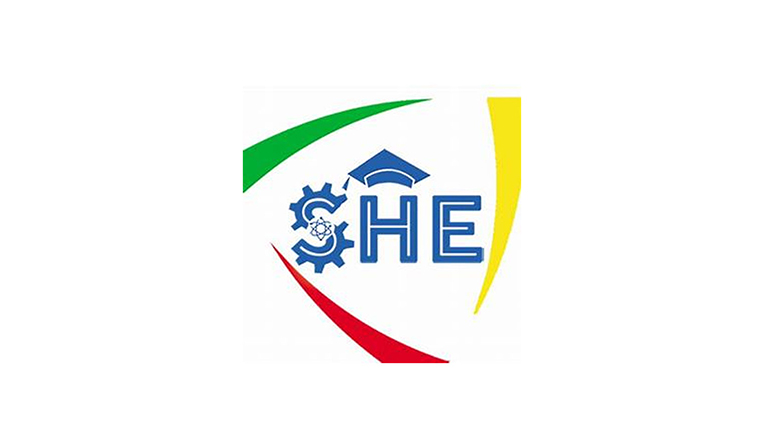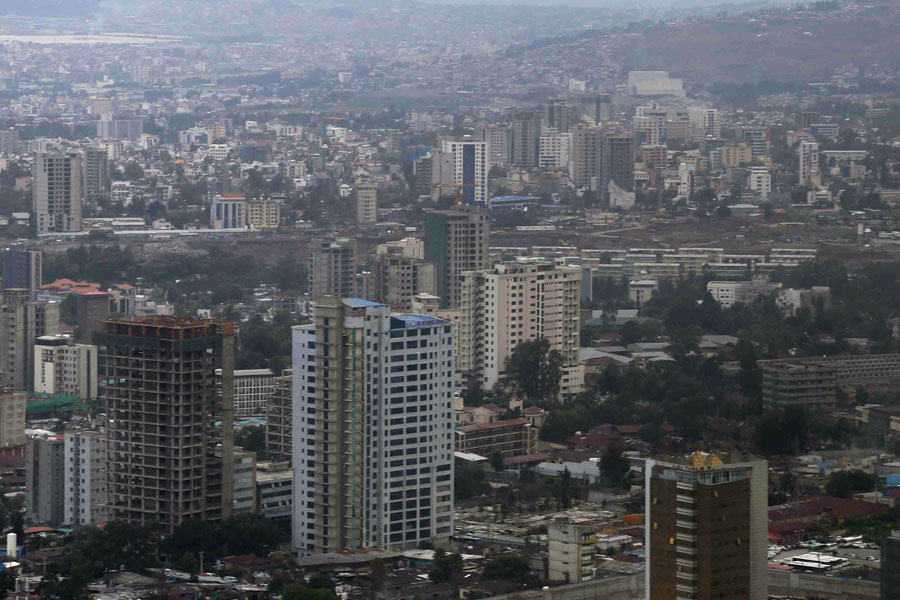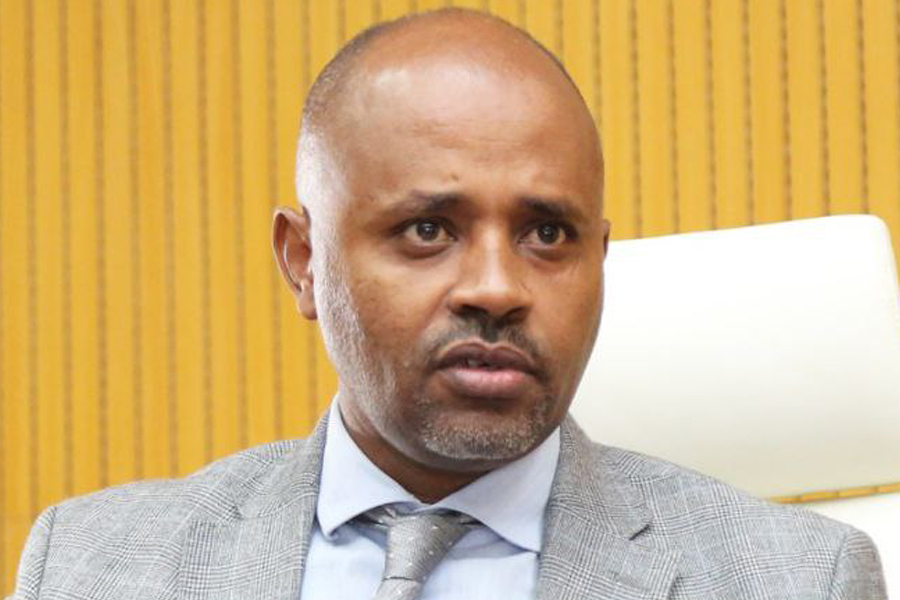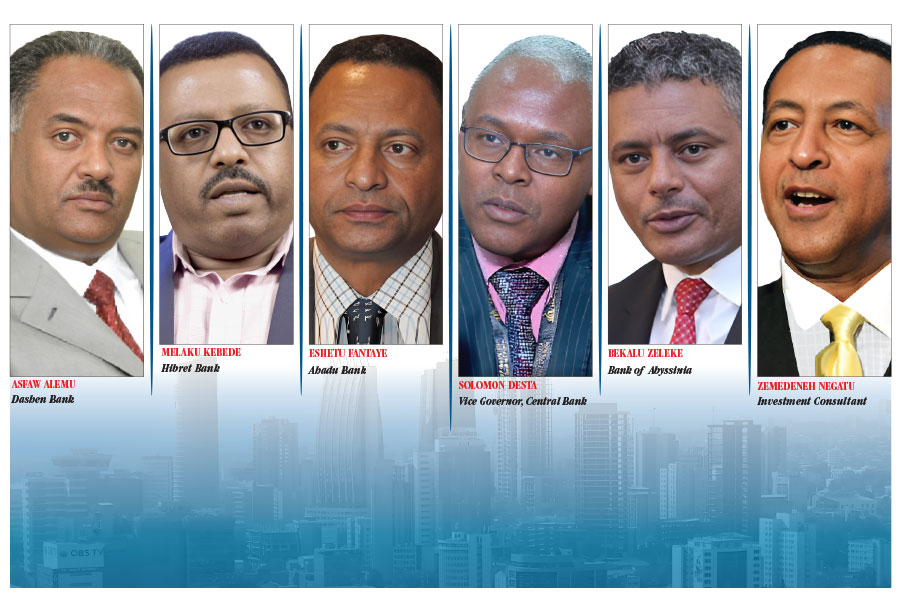
Fortune News | Jan 16,2021
The federal government has embarked on constructing an irrigation project its planners believe will benefit 65,000 farmers in the Wolayita Zone of the Southern Regional State, 180Km north of the town of Arba Minch.
The Weybo Irrigation Project is projected to cost 2.5 billion Br, the first megaproject brought up by the recently constituted Ministry of Irrigation & Lowlands. Having two phases, with the first consisting of the construction of a dam and appurtenant structures on the Weybo River, the project is expected to take a little over two years to complete, according to a project document made available to Fortune.
The state-owned Ethiopian Construction Design & Supervision Works Corporation (ECDSWC), established in 2015 after the merger of three public enterprises, made the design. It is outsourcing the supervision work to the South Design & Construction Supervision Enterprise for 32.4 million Br. The South Water Works Construction Enterprise, a public enterprise formed by the regional state in 1995, has secured the contract to erect the first phase with a projected 1.4 billion Br.
The homogeneous earth-fill dam with outlet and spillway structures will be 33.4 metres high.
Last May, Cross-Land Construction was hired to undertake the second phase of the project irrigation and drainage elements, including the water distribution canal system. The contractor has agreed to complete the work in two years, for a little more than one billion Birr.
The irrigation will have the potential to develop 4,000ha of land in Boloso Bombe and Boloso Sore weredas, according to Ashenafi Likassa, director of irrigation infrastructure development at the Ministry, under Aisha Mohammed.
Aisha held several cabinet portfolios before her current position, including serving as minister of Defense and of Urban Works.
Mobilisation for construction began two months ago, according to Kassahun Woldegiorgis, deputy head of the Southern Region Irrigation Development & Schemes Administration Agency.
“The contractor is also deploying machinery to the project site,” he said.
Compensation to farmers from the area will become an issue to sort out for the local authorities, with a budget outlay of 350 million Br, people familiar with the project told Fortune.
Bekele Zewde, a father of five, is among the 2,000 farmers that will have to move to make way for the dam. A farmer of maize, wheat and teff on four hectares of land, he says officials from the region have been discussing the issue with farmers like him.
“My family's livelihood depends on the farmland," he told Fortune. "The relocation will affect me.”
However, Bekele hopes local authorities will remain faithful to their promise to grant land elsewhere.
Over the last harvest season, a little more than 500,000 smallholder farmers in Wolayita Zone, an area prone to rain shortages, harvested 1.6 million quintals of grain on 73,185ha of land. Wheat and maize are the major crops cultivated in the area.
In addition to irrigating land, the project will be used to support fisheries, according to Kassahun.
The Weybo project is part of a series of large-scale irrigation projects to boost agricultural productivity. There are five irrigation projects under construction in Wolayita Zone alone. A lack of financing, design revisions, and foreign currency shortages are often cited as factors behind delays and cost overruns associated with irrigation projects.
“The contractors will be responsible for any delay," said Ashenafi.
Webayehu Tizazu, director of the South Construction Design & Supervision Works Corporation, says there is a possibility of delay in the project completion.
“Different entities did the feasibility study and the design work," he said. "There may be room for the design to be revised.”
Last year, the government announced that it was preparing to launch a dozen large-scale irrigation projects under public-private partnership agreements, whose technical pre-feasibility work has been finalised. The federal government has budgeted 14.6 billion Br for irrigation this year, a significant increase from the eight billion Birr allocated in the previous year. Less than one percent of the 3.5 million hectares of irrigable land in the country has been cultivated.
PUBLISHED ON
Dec 25,2021 [ VOL
22 , NO
1130]

Fortune News | Jan 16,2021

Radar | Nov 26,2022

Radar | May 25,2019

Fortune News | May 29,2023

Fortune News | Aug 25,2024

Exclusive Interviews | Sep 07,2025

Radar | Feb 18,2023

Radar | Jan 27,2024

Radar | Jun 27,2020

Fortune News | Nov 26,2022

Dec 22 , 2024 . By TIZITA SHEWAFERAW
Charged with transforming colossal state-owned enterprises into modern and competitiv...

Aug 18 , 2024 . By AKSAH ITALO
Although predictable Yonas Zerihun's job in the ride-hailing service is not immune to...

Jul 28 , 2024 . By TIZITA SHEWAFERAW
Unhabitual, perhaps too many, Samuel Gebreyohannes, 38, used to occasionally enjoy a couple of beers at breakfast. However, he recently swit...

Jul 13 , 2024 . By AKSAH ITALO
Investors who rely on tractors, trucks, and field vehicles for commuting, transporting commodities, and f...

Sep 13 , 2025
At its launch in Nairobi two years ago, the Africa Climate Summit was billed as the f...

Sep 6 , 2025
The dawn of a new year is more than a simple turning of the calendar. It is a moment...

Aug 30 , 2025
For Germans, Otto von Bismarck is first remembered as the architect of a unified nati...

Aug 23 , 2025
Banks have a new obsession. After decades chasing deposits and, more recently, digita...